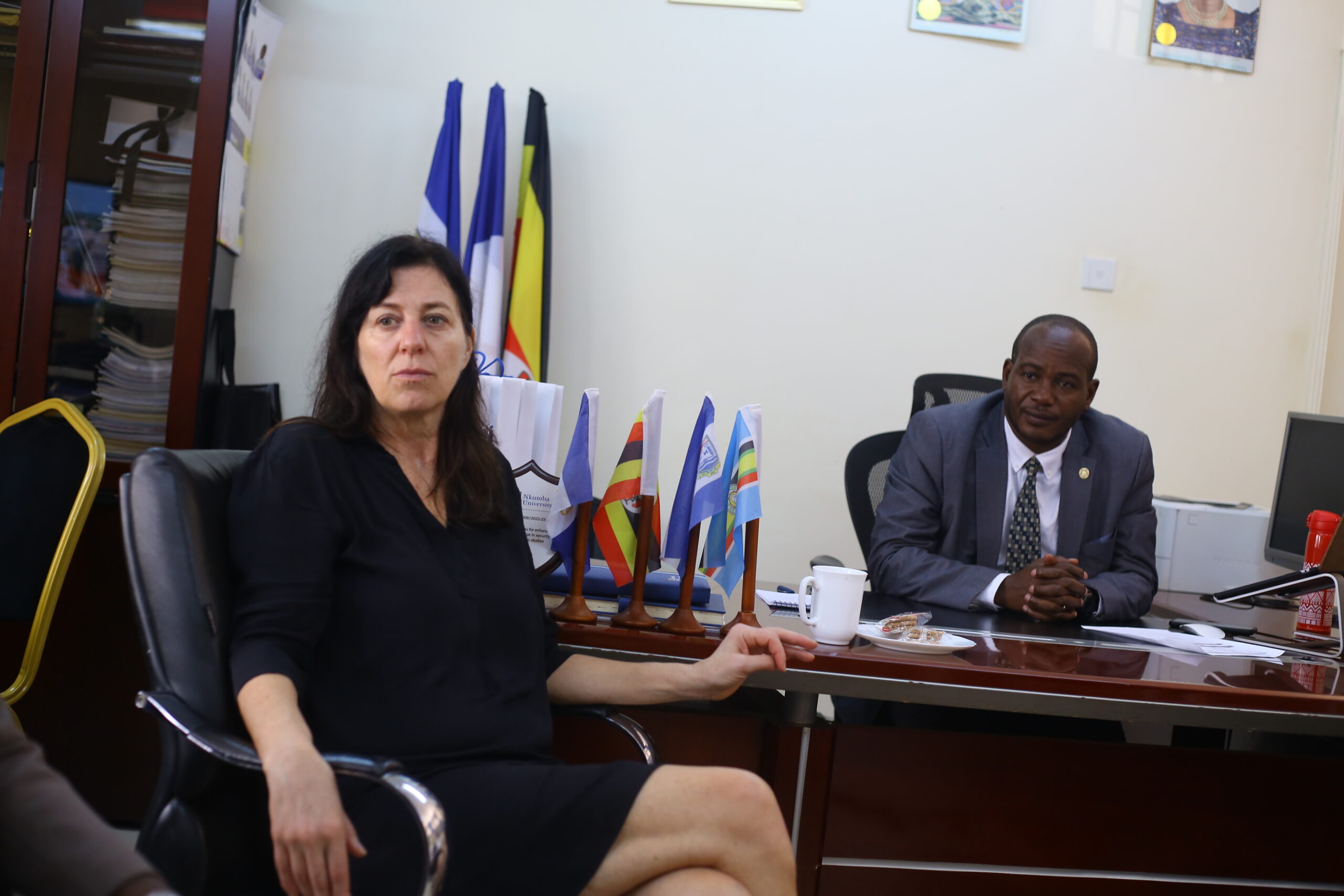City fires have been a common occurrence in Uganda, especially in Kampala, in recent times. Examples include the Owino Market and buildings in town gutted by fires, the most recent in Makerere-Kavule in Kampala.
These raise several legal issues ranging from liability, and culpability to compensation. Thus, the legal issues call for quick action of the law to address such legal implications, insurance remedies, and other related matters. In this article, I discuss what the law provides, its lacuna and recommendations.
Like in the various articles I have written regarding the lacuna in the various Uganda legislations, there is also need to enact a law to deal with the Civil Liability, which can take a short title of Civil Liability Act to deal with tortious Acts or civil wrongs. In the absence of such an Act of Parliament, it leaves courts with a wide discretion to apply material and immaterial sources, which may include precedents and scholarly views as a reference.
It is true that Uganda’s tortious liability (civil liability) which includes cases of fire negligence are dealt with in reference to a primary source of case law instead of an Act of Parliament. This is absurd as every judicial officer would determine a case in his own way (Such cases referred to may only be persuasive) rather than having a grundnorm for their basing.
They cannot also apply Acts of general application since these no longer have a place in the jurisdiction of the High Court (see the case of Uganda motors ltd V Wavah Holdings Ltd Civil Appeal No.19 of 1991). It is clear that in Kampala today fire incidents have become a regular occurrence, with thousands of properties blazing in flames and police reports have taken years and decades without proclaiming the cause.
Unlike science that provides that fire normally occurs when three main components come together: fuel source, ignition source or heat, and an oxidizing agent. In law we take it that there must been a component of Negligence on one party other than the victim who is liable for the damages and losses caused.
Cases of Fire outbreaks in the city are de facto those of Res Ipsa Loquitor nature. In a famous fire outbreak case of Uganda Motors Ltd V Wavah Holdings Ltd Civil Appeal No.19 of 1991, Judgement of Platt, J.S.C (as then he was) noted that the Judge was right to rely on the doctrine of Res Ipsa Loquitor as the fire couldn’t have started on its own.
Defining the legal definition of negligence is not small feet, in the case of Uganda Motors Ltd V Wavah Holdings Ltd (supra) Mr. Mugisha, quoting Charlesworth on Negligence (page 42) noted that the doctrine comes into play when there is proof of an unexplained occurrence which would not have happened in the ordinary course of things without negligence on the part of somebody other than the plaintiff.
I will also define it in a lay man’s language as doing, or failing to do something that a reasonable person would, or would not, do and which causes another person damage, injury or loss as a result. Unlike other civil wrongs on a person, the case of Negligence one must prove damages, Negligence is not actionable per se!
In determining whether one was negligent or reckless, the following must be proved:
Whether or not negligence has occurred is a matter of satisfying four questions.
a duty of care of care owed to the Victim
Did the Culprit breach their duty of care?
Did the victim suffer an injury or other damage?
Was the injury or damage caused as a result of the breach of the duty of care?
In the absence of any of that element an action in negligence may not stand. As Lord Atkins put it clear in the case of Stevenson V Donoghue, 1932 that we owe a duty of care to our neighbors and he defined a neighbor as someone likely to be affected by your actions.
A duty of care is a legal obligation to avoid causing harm and arises where harm is ‘reasonably foreseeable’ if care is not taken.
Cases of Fires in light with Negligence may cover the aspect of Strict Liability in Law.
In a famous English case of Rylands V Fletcher (1868) LR 3HL 330, it was established the principle of strict liability, where one’s non-natural use of his/her land leads to or interferes with another’s enjoyment as a result damages by escape of a dangerous thing is liable in law.
Under another concept of Vicarious liability in Fire outbreaks, an employer maybe liable incase an employee acting in the scope of his duty started up a fire that burnt other people’s property. The element of “acting in the scope of his/her duty” is quite important. Therefore, Vicarious liability occurs where one person is held liable for the negligent actions of another.
It is commonly relied upon for negligence on the part of employees carrying out their duties. In most cases the employer will be vicariously liable for the employee’s negligence.
One can raise defenses such as an act of God caused the fires, a supervening event, contributory negligence and maybe we should say Assumption of the risk.
During court sessions, evidence of witnesses, Expert testimony, Physical Evidence such as Photography and videos, and more importantly a Fire department report will be vital evidence to succeed in a negligence to cause a fire outbreak case. The law should also address the Fire departments to make reports not police officers who aren’t experienced in the issues of fires.
In conclusion, there is a lacuna in our legislation to combat the increased cases of fire outbreaks through legislating a law to deal with Civil liability which will also tackle the issue of Negligence to cause a fire outbreak. The legislators must respond immediately to this cause and enact a law to reduce such fires.



















Discussion about this post